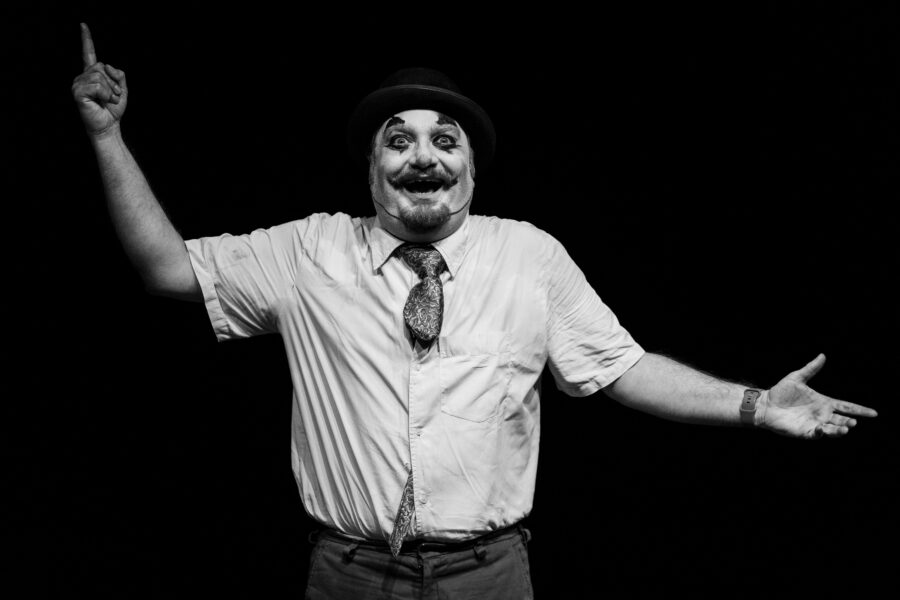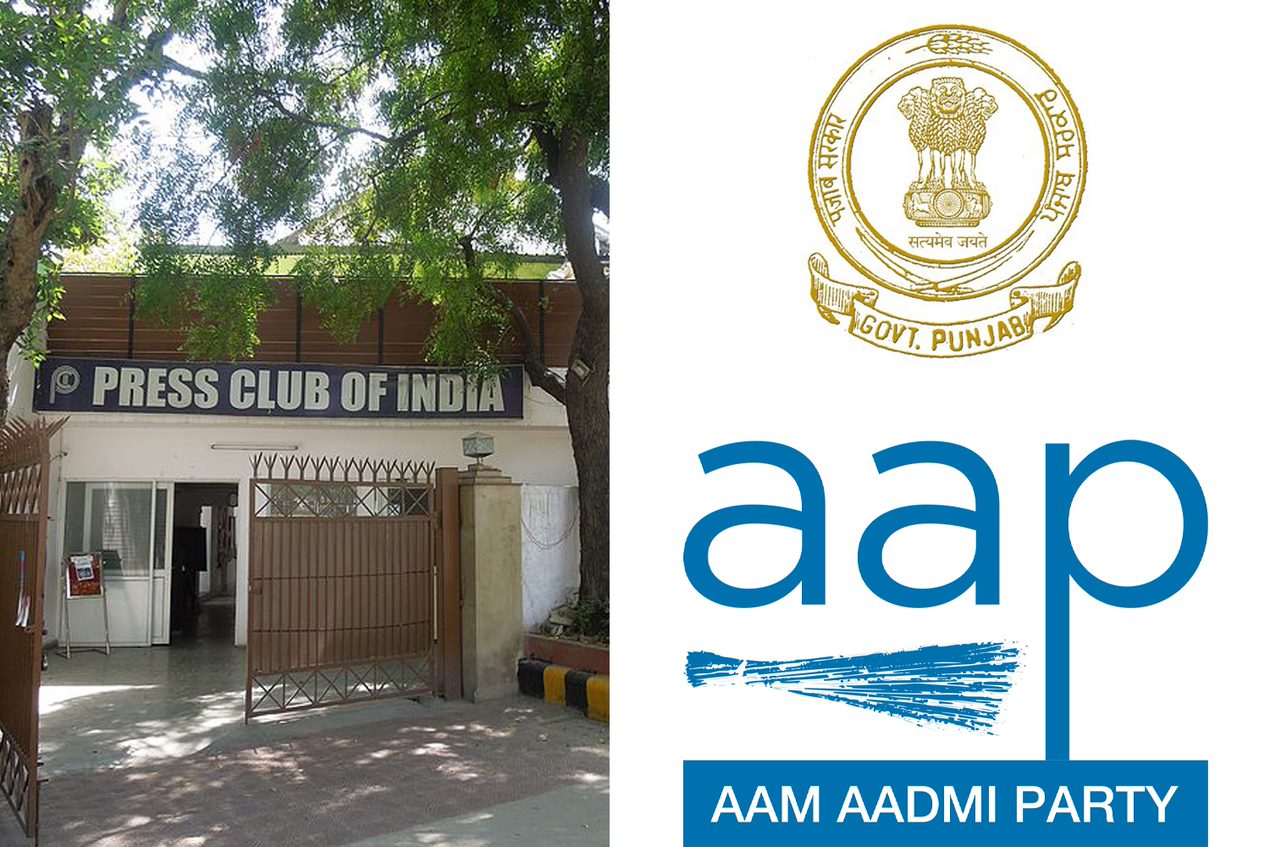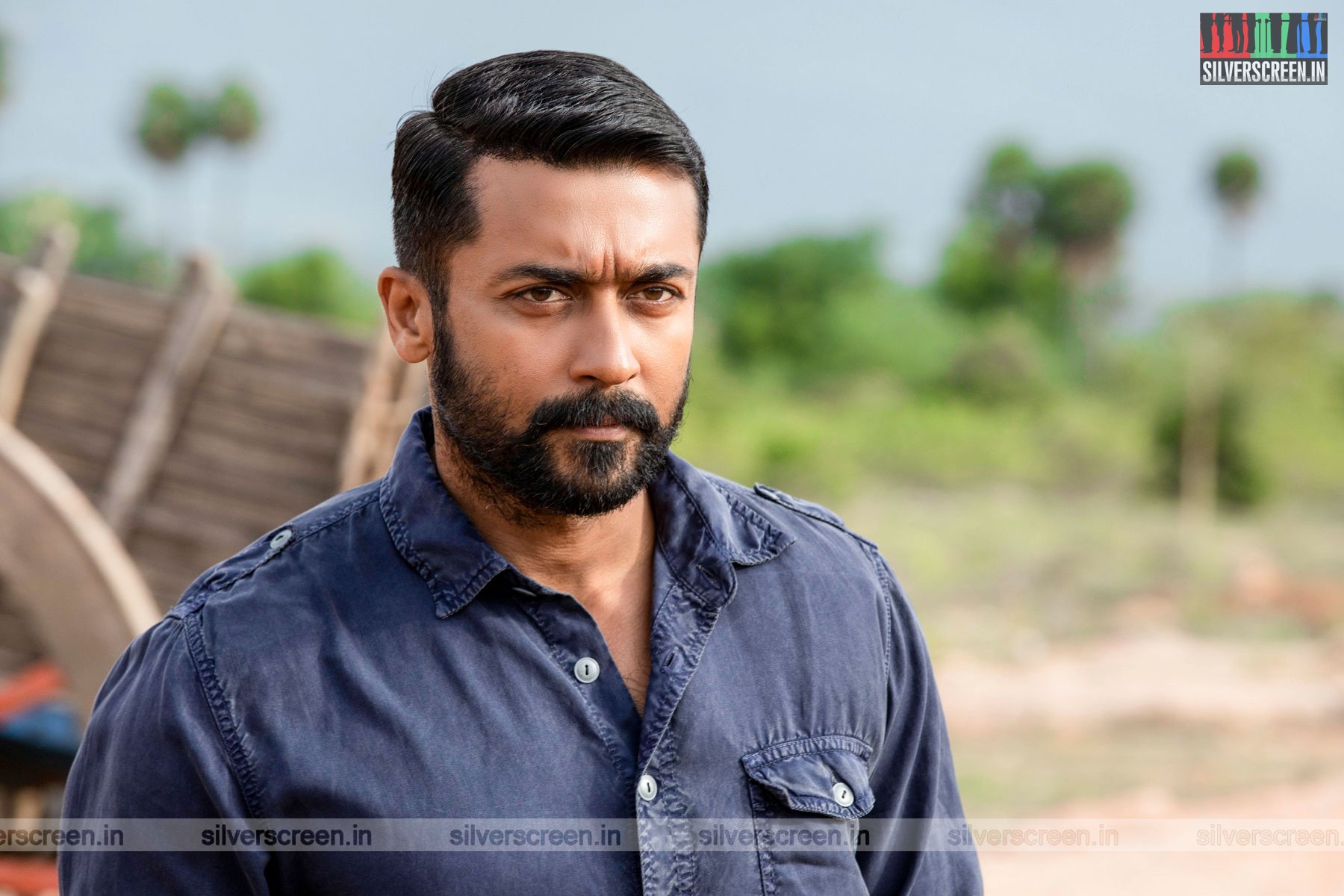A one-man act. A bustling audience. A theatrical genius at work. This summed up Wednesday night at the Adishakti Theatre’s sixth edition of the Remembering Veenapani festival. Directed by Rajat Kapoor, the crowd at the theatre was witness to the play Nothing Like Lear performed by actor Vinay Pathak.
While the idea behind the act is taken from William Shakespeare’s King Lear, the play itself is nothing like the famed tragedy, which surely does not include a clown in its narrative. But for Kapoor, clowning and Shakespeare have gone hand-in-hand for not only Nothing Like Lear, but also his other acts such as Hamlet – The Clown Prince, Macbeth – What is Done is Done!, and I Don’t Like It.. As You Like It.
Ask him why he’s chosen to adapt so many works of Shakespeare, and Kapoor says the author is “an old friend.” Pathak quips, “We have not been working with him (Shakespeare), he is working with us.”
Unlike King Lear, the act performed at Adishakti is based on the life of an old and depressed clown. Pathak, who played the clown on stage, took the audience on a journey through a few moments from the character’s life and made them laugh, contemplate, and be scared in those 100 minutes. “Clowning does not necessarily mean making people laugh,” says Kapoor, explaining how the act’s comedy could adapt the great tragedy written years ago.

“Take any emotion, a clown will exaggerate it in a certain way which will make the impact stronger. It can be grief, shock, or wonder. Clown is an idea, for me, of purity of form. If I am playing a certain someone, it comes with a baggage of the name, the surname. A clown, however, can be free of that. A clown can be of pure emotion.”
Speaking about how their group started experimenting with clowning, Kapoor says, “We did a play called C For Clown in 1999, it was our first performance that involved clowning. It was just a troupe of clowns and we did not know how the play would do. It was just them performing an improvised piece and that is also when we discovered gibberish. So, we thought what if we did a clown play with gibberish but with a classical text as the background. The first thing we tried with that idea was Hamlet – The Clown Prince. It was received very well and then we came up with Nothing Like Lear. That was followed by adaptations of Macbeth and As You Like It. We’ve had a good run with clowns and Shakespeare.”
As for Pathak, clowning interested him even in his early days of drama school. “I went to drama school where we studied Commedia dell’arte and it was something that stayed with me. I performed Sheridan’s The Rivals, for which I did not have to put on clown makeup, but we did have to paint our faces white because I was told that was how people did their makeup in the 16th, 17th century. During the Elizabethan era, people would have white make-up on their faces and they would walk not in a straight line but more in a clown’s gait. When I came here, Rajat wanted to do a musical, The Threepenny Opera. For that, we practised clown walk, clown fall, clown spit, clown sitting, clown sleeping, and we had so much fun doing it. We did not know if what we were doing was right or wrong, but we had fun with the process and that was when C For Clown emerged.”
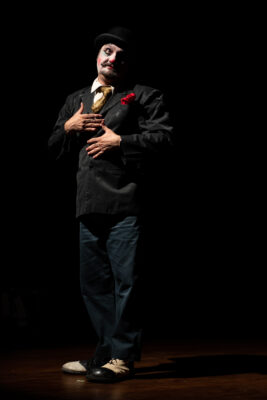
Nothing Like Lear, while based on an age-old play, still has been relatable to every audience that watched it on stage. It talks about the estranged relationship of an old father and his daughter who lives far away, while also delving into conversations about depression. “We have done away with the plot of the play. What we are interested in is the relationships and the emotions in the play. A father-daughter relationship will always be relatable. When we were creating this play, Atul (Kumar), Vinay, and I would talk about our relationships with our daughters. The play came out of that. We told our own stories even though we took the basic idea from Shakespeare. After every show, even today, people come up to me and say ‘I am going to call my father right away’,” says Kapoor.
“The whole idea was that we were telling the story of King Lear, but our interpretation was that of a common man,” adds Pathak. “Our idea was that there is this middle-class man who catches the local train every day, goes to work and has three daughters. Once he is home, he is the king of his household. We started exploring the authority of a common man. It is not very different from King Lear who had a ridiculous way of distributing his wealth depending on which daughter loved him more. It is very similar to what fathers could do today.”
“The play writes itself in a way,” says Kapoor. “We don’t write, we work. It is not that anybody sits and writes first. It is created as we are rehearsing. We try a scene and if something like an idea comes out of it, we keep that and try and develop it more. So, the play writes itself in a way. The first draft of the script is ready when the show opens, when we understand how it begins and how it ends. After the play is ready and shows open, then it keeps evolving wherein a bit from one show would eventually become a part of the play.”

Nothing Like Lear has its fair share of comedy as well as powerful scenes like the one where Pathak enacts the clown gouging out the eyes of his step-brother for not having ‘dreamt for 20 years’ and being ignored as an ‘illegitimate’ son, or when he breaks into a Shakespearean monologue while cursing his daughter for throwing him out of her house. But, one of the most interesting ones is when Pathak enters the stage and says, “It hasn’t started yet.”
The small non-introduction where Pathak’s clown is seen just roaming around on the stage and saying, “It hasn’t started yet” was not a part of the show initially. It was, in fact, an improvised act that was written into the play during performances at Mumbai’s Prithvi Theatre. “When we did C For Clown, we were fascinated by the banality of nothing. Usually, there is a formal way of starting a play but we thought what if we came out and said, ‘It has not started yet, just hold on.’ It was the concept of seeing a clown stand and do nothing even though they are expected to jump around, dance, etc.”
While Nothing Like Lear has a bound and structured narrative, Pathak squeezes in moments of comic relief by interacting with the audience and even delivering tailor-made dialogues involving current events (like the slap drama at the Oscars this year). “The audience improves the performance,” says the Bheja Fry actor. “Like today, every expression and every gasp I made up was absorbed by the audience so well. They reacted to everything I did, they laughed at everything I hoped they would laugh at.”
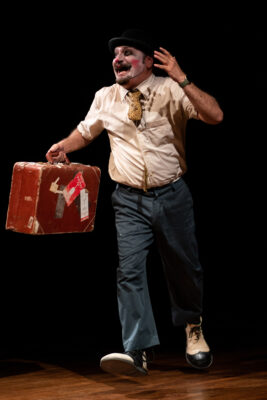
Although Shakespeare and Pathak have worked well for years, Kapoor feels it is time to “move on” now. He is in the process of adapting a novel written by Rajendra Yadav. “This will be the first time I will be adapting from a novel and it is a story that is close to my heart, one that I have grown up reading,” he says.
The Remembering Veenapani festival began on April 5, the birth anniversary of the founder of Adishakti, Veenapani Chawla, and it will go on till May 3.
